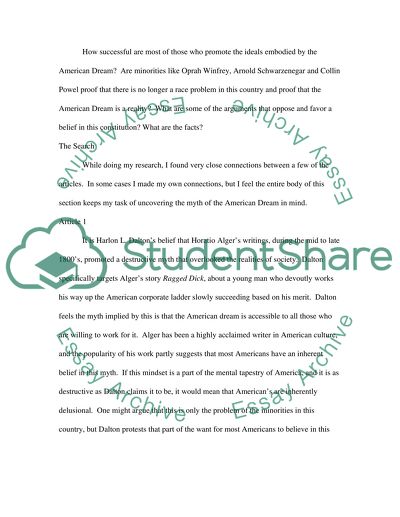Cite this document
(“I Search for the American Dream Speech or Presentation”, n.d.)
Retrieved from https://studentshare.org/social-science/1515159-i-search-for-the-american-dream
Retrieved from https://studentshare.org/social-science/1515159-i-search-for-the-american-dream
(I Search for the American Dream Speech or Presentation)
https://studentshare.org/social-science/1515159-i-search-for-the-american-dream.
https://studentshare.org/social-science/1515159-i-search-for-the-american-dream.
“I Search for the American Dream Speech or Presentation”, n.d. https://studentshare.org/social-science/1515159-i-search-for-the-american-dream.


